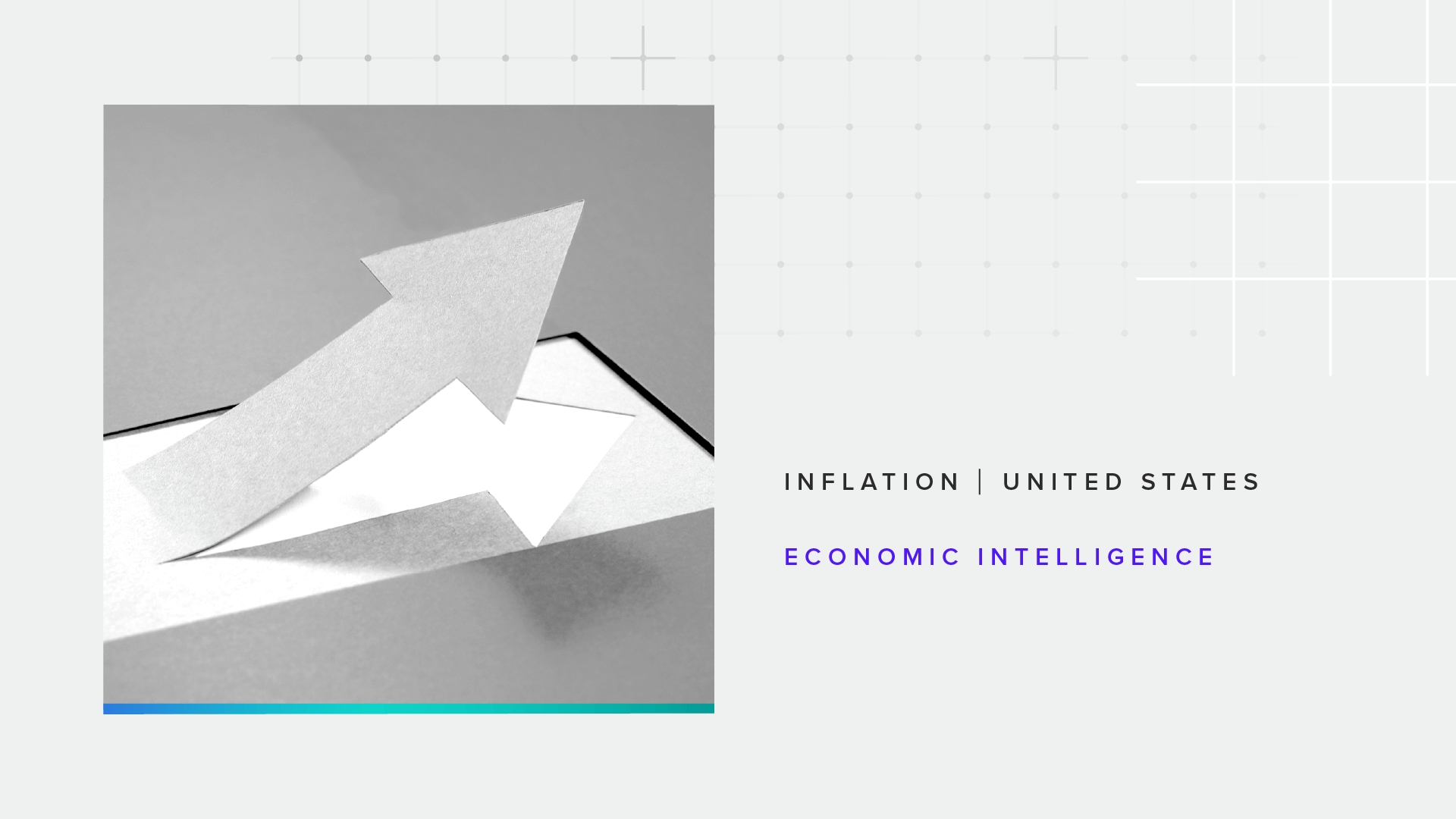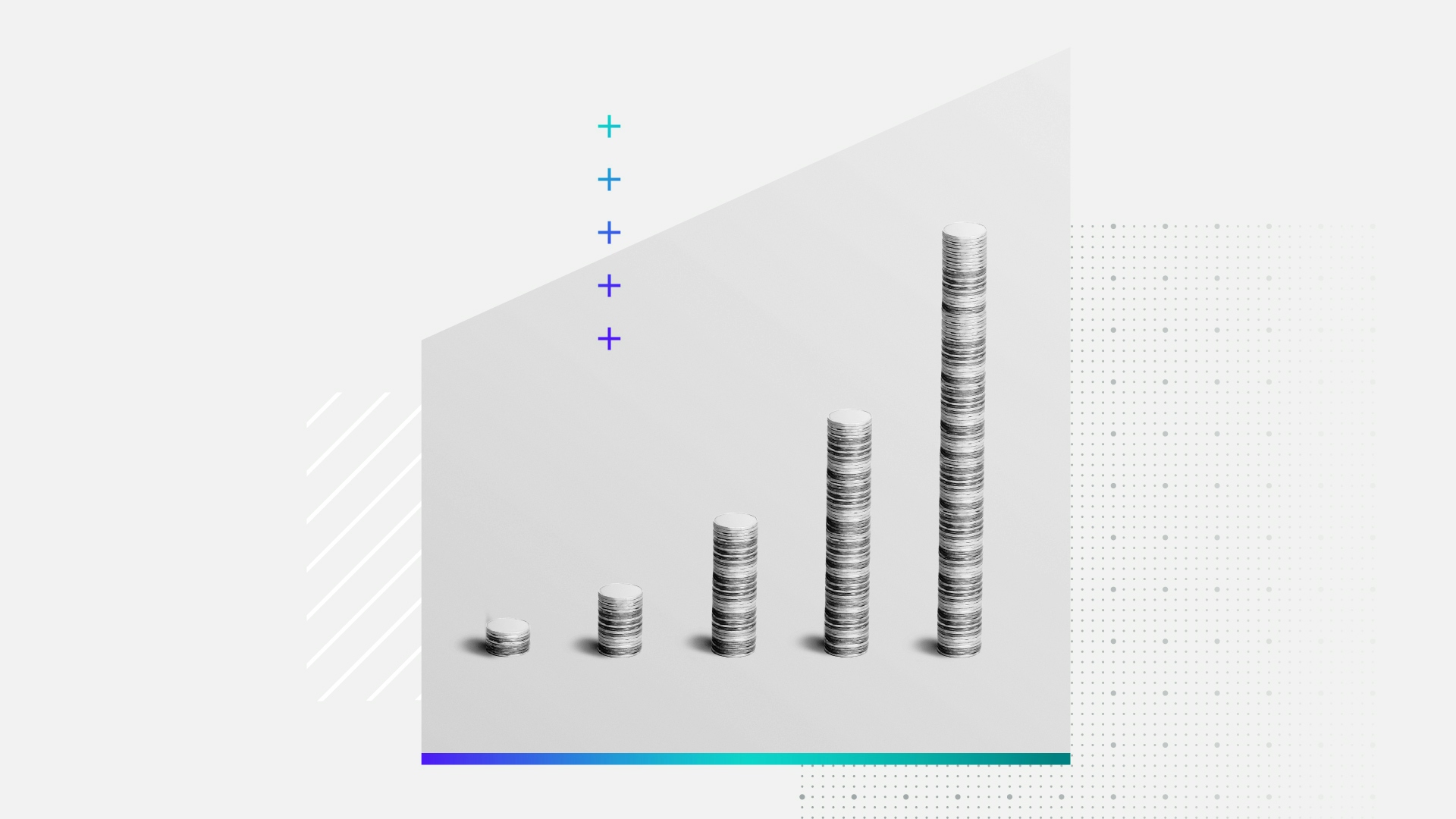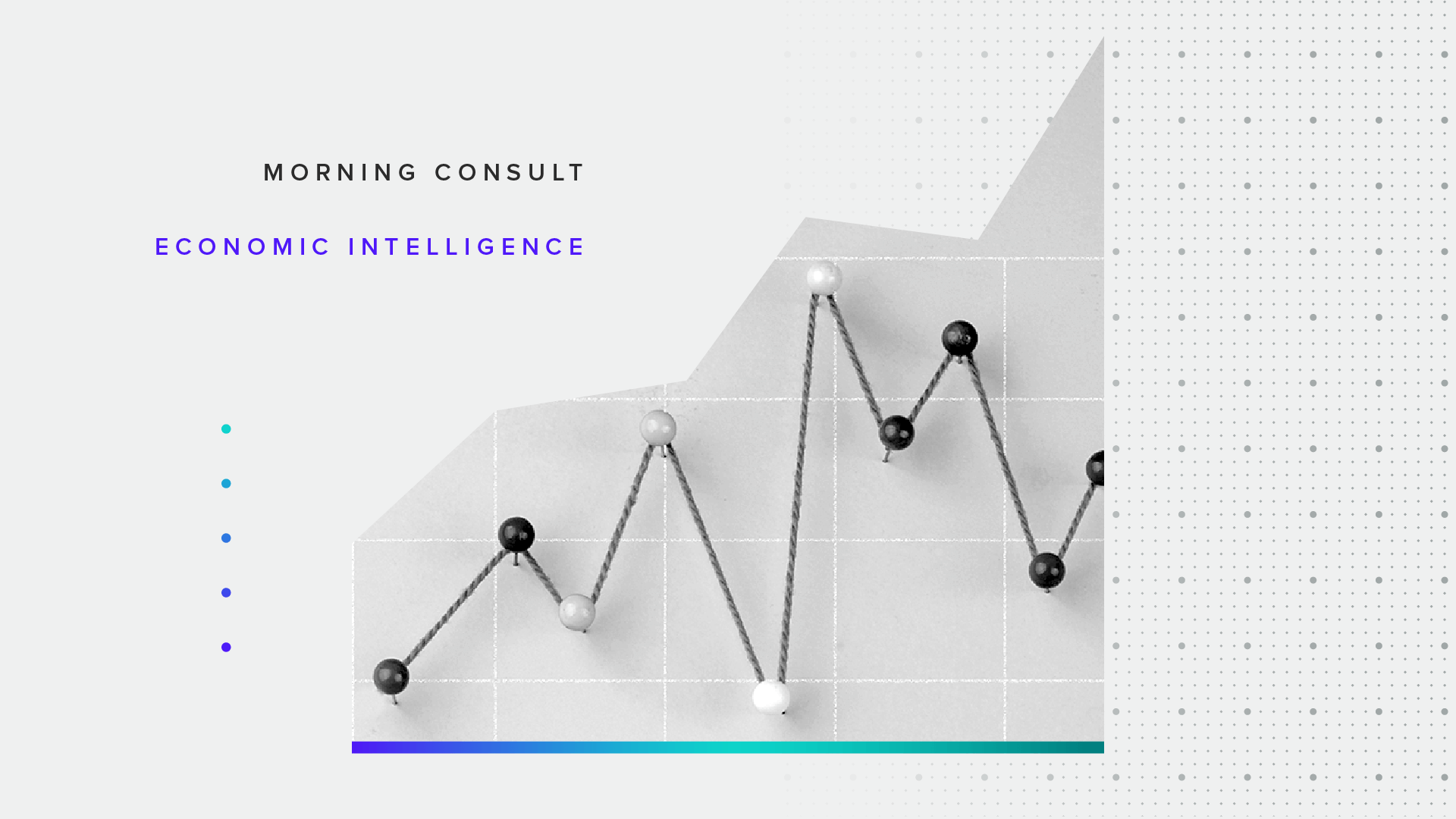What Do Consumers Really Think Inflation Means?

Key Takeaways
A large majority of consumers correctly identified inflation as being more than just high prices but incorrectly believe annual inflation is higher today than a year ago.
While economists generally discuss inflation as price growth from a year ago, the majority of consumers think of prices increasing from 2 or more years ago, with the most popular benchmark being 4 years ago.
Although inflation has eased, about 3 in 5 respondents report their wages have not grown fast enough to keep up with rising prices.
Data Downloads
Pro+ subscribers are able to download the datasets that underpin Morning Consult Pro's reports and analysis. Contact us to get access.
Recently a debate has taken the economics world by storm: what do people really think inflation means? This discourse isn’t new – late last year, economists and media pundits alike grappled extensively with why consumer sentiment was so low considering the economy was doing relatively well. Relatedly, at Morning Consult we waded into the discourse last year with data that showed part of the economic pessimism was due to consumers’ unhappiness not with just inflation, but also with price levels. As questions about why exactly consumers are so bothered by inflation continue to percolate, we decided to dig deeper, surveying a representative sample of 2,201 U.S. adults on what exactly "inflation" means to them – prices growing, high prices, or something else?
When Asked About the Economy, Consumers Are Still Most Concerned About Inflation and Prices

Before getting into the definition of inflation, we asked consumers what concerned them most about the economy. Similarly to when we last asked in November 2023, consumers reported prices and inflation at the top of the list: nearly 90% of consumers are “somewhat” or “very” concerned about grocery and food prices, followed closely by inflation in general. Housing costs and gas prices are also major worries for consumers, with housing growing in concern from the last time we surveyed (+4 percentage points). In fact, although inflation has on average been lower in 2024 than 2023, consumers appear to be more concerned about their cost of living. The share of respondents who expressed concern about “How well (or not well) the amount of money I personally have covers my monthly expenses” had the largest increase of any response option since 6 months ago, by about 5 percentage points overall and 10 percentage points for those specifying they are ‘very concerned.’
Half of all consumers know the definition of inflation, but still believe inflation is higher than it was a year ago

Inflation’s technical definition is an increase in the price for goods and services over a specified period of time. We asked consumers directly, “what comes closest to your understanding of the word, 'inflation'?”. Contradicting the theory that the definition of inflation has changed in consumers’ minds, a large majority of respondents did not believe inflation was simply just "prices being high" (80%). Nearly half of respondents correctly identified inflation as an increase in prices and about a third believe inflation is measured through the rising gap between wages and prices growing. To be fair, many definitions of inflation contain a mention of weakening purchasing power, so respondents who selected the third option could be interpreting inflation as not just price increases but also weakening purchasing power.
High-income adults were most likely (54%) to assert that inflation is an increase in prices for goods and services, followed closely by consumers with at least a bachelor’s degree (53%). On the other end, GenZ adults were less likely (45%) to define inflation as an increase in prices followed by low-income adults (46%). More educated consumers could have learned more about textbook definitions of inflation through schooling, whereas younger people have never experienced a high inflationary cycle before which could be contributing to less familiarity with the topic.

Despite a large majority of respondents understanding that inflation is not merely high prices but some sort of increase in prices or reduction in purchasing power, a majority of adults (69%) believe annual inflation is higher today than it was a year ago. By all commonly used measures of inflation, consumers are not correct about inflation being higher than a year ago: both annual Consumer Price Index (CPI) inflation and Personal Consumption Expenditures (PCE) inflation are quite a bit lower now than the same time last year. And while 80% of respondents correctly asserted that prices overall are higher than a year ago, 69% incorrectly asserted that annual inflation is higher today than a year ago, implying that there may be some confusion between high prices and high inflation.

Looking at it from a demographic breakdown, there is surprisingly little variation across most of the groups Morning Consult tracks. The largest discrepancy was along political lines: Conservatives were the most likely to believe inflation is higher this year than last (80%) while liberals were much less likely (57%) to report the same, highlighting how politics plays an outsized role on how people interpret the health of the economy.
Politics and the pandemic could be coloring respondents’ point-in-time reference for prices

Although we specified ‘annual’ inflation in the survey, some of the discrepancy between a generally correct understanding of the definition of inflation with an incorrect assessment of where inflation is at today could be due to the point of time reference consumers are using mentally to assess price growth.
Only 23% of consumers selected prices going up from a year ago (annual inflation) as their primary frame of reference. On the other hand, 61% of consumers think of prices going up from 2 or more years ago, with the most popular selection being 4 years ago (28%). Four years ago, Donald Trump was the president of the United States, so many consumers measuring inflation from that year onwards could have political implications for the election in November. Perhaps consumers are more aware of prices having increased since President Biden took office than they are likely to recognize that "annual" inflation, as defined by economists, has decreased in recent years. This tendency does appear to intensify along party lines, with 38% of respondents who identified as conservative measuring price growth from 4 years ago and only 27% of liberals reporting the same. Interestingly, moderates were the least likely (21%) to use four years ago as a reference point for price growth.
Four years ago we were also in the thick of the pandemic, the period of time before the recent inflationary surge. And consumers reported that they are still just as worried about prices remaining above pre-pandemic levels (87%) than they are about inflation generally (88%), with the difference between the two shares moving even closer than when we asked in November of last year. So while consumers generally understand that inflation has something to do with prices growing, for many, the point-in-time reference may be more related to events like the pandemic or the election rather than a year-ago, as traditional economics teaches.
Nearly 3 in 5 consumers report their wages are not growing fast enough to keep up with prices

Prices are a major concern for consumers largely because rising costs weaken their purchasing power, especially when wages can’t keep up with the pace of price growth. A majority of consumers (59%) do not believe that their wages are growing fast enough to keep up with rising prices. This is despite the fact that average hourly wages have been growing faster than inflation for the past year. But average hourly wages is just an average across all workers, and breaking down these responses at a demographic level, it is clear that responses vary widely, as different groups of people face different economic realities.
Baby boomers are the most likely generation to believe their wages aren’t growing fast enough to keep up with rising prices (74%). The oldest generation is most likely to be retired and therefore living on a fixed-income, so purchasing power among this group may have declined more than it has for younger generations. Political ideology once again plays a role here, with more conservative-leaning respondents reporting more dissatisfaction with wage growth relative to price growth.
There is slightly less variation on income but it does track with trends we’re seeing across other Morning Consult surveys: middle-income consumers have been trending in line with their lower income peers while high-income adults report better economic conditions. In this case, high-income adults are slightly less likely than low- and middle-income adults to report their wages aren’t keeping up with inflation.
Consumers understand inflation, just maybe not exactly how economists think they should
The majority of consumers understand that inflation has to do with an increase in prices for goods and services or a decrease in purchasing power, not just a perception of prices being high. However, most are not aware that inflation is lower than it was a year ago. This discrepancy may arise in part because comparing prices and inflation to where they were a year ago is not an intuitive benchmark for most people. Telling people inflation has slowed considerably compared to last year may seem somewhat irrelevant to them when overall prices are 21% higher than they were in March 2020, a reality that is more painful and felt more tangibly, especially for consumers who aren’t benefiting as much from recent wage gains. And while wage growth has outpaced inflation for the past year, inflation outpaced wages for more than 2 years prior to that. Politics also plays an outsized role in how people interpret the health of the economy, including price growth, perhaps in part influenced by their own personal media consumption. Overall, the pre-pandemic era of comparably lower prices is still not far enough in the rearview mirror for consumers who need more time to get acclimated to the new normal of higher prices.
Sofia Baig is an economist at decision intelligence company Morning Consult, where she works on descriptive and predictive analysis that leverages Morning Consult’s proprietary high-frequency data. Previously, she worked for the Federal Reserve Board as a quantitative analyst, focusing on topics related to monetary policy and bank stress testing. She received a bachelor’s degree in economics from Pomona College and a master’s degree in mathematics and statistics from Georgetown University.
Follow her on Twitter @_SofiaBaig_For speaking opportunities and booking requests, please email [email protected]

